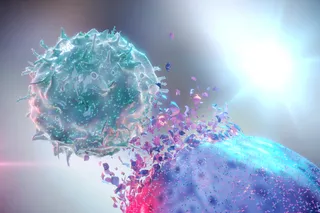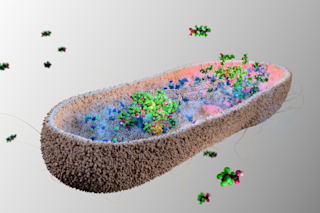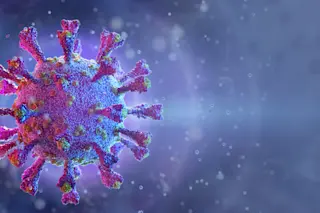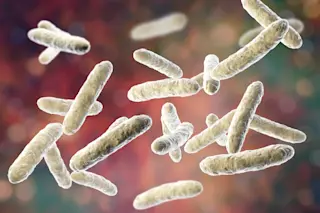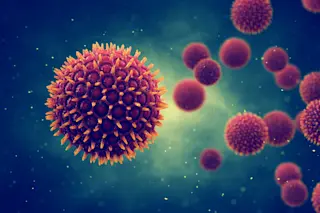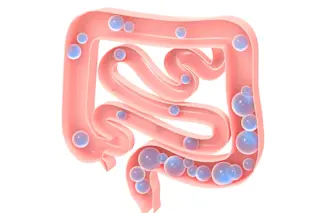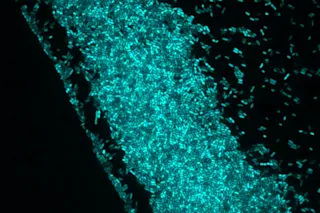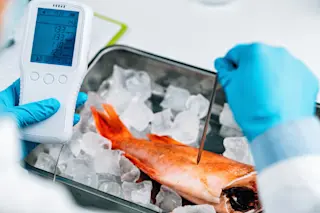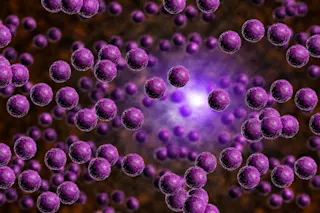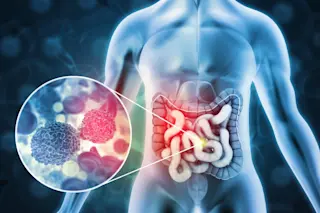(Credit: Africa Studio/Shutterstock) Mother’s milk provides sustenance for babies. Now researchers find pumped breast milk exposes newborns to more disease-causing bacteria than milk directly from the breast. The discovery suggests breastfeeding practices could shift the makeup of microorganisms in breast milk and infants’ digestive systems. “We were surprised that the method of feeding was the most consistent factor associated with milk microbiota composition,” said Meghan Azad, a medical geneticist at the Children’s Hospital Research Institute of Manitoba in Canada, who led the new research.Mighty Milk Once considered sterile, researchers now know breast milk is full of bacteria. The microbes are thought to help set up infants’ digestive tracts with an ecosystem of microorganisms that will aid the growing human’s digestive and immune systems. Azad and her team were initially curious about this collection of bacteria in infants known as the infant gut microbiome. In an earlier study, they found breastfeeding affected babies’ gut bacteria the most. So, in the new research, the scientists probed the microbes in breast milk. The researchers checked out the microbes in breast milk from nearly 400 nursing mothers and their three to four month old babies. The mommy-baby pairs are a part of a Canadian Healthy Infant Longitudinal Development birth cohort study known as the CHILD study, a long-term project looking to find the source of pediatric allergies. The researchers also looked at other elements — maternal age, smoking status and the microbes in babies mouths, to name a few — that could affect what bacteria are in breast milk. Pumping Problem The microbes in breast milk varied drastically between mothers, the researchers found, and both mom and baby mold the milk microbiome. “Our results suggest that the infant’s oral bacteria are important in shaping the milk microbiota,” said Shirin Moossavi, a medical microbiology student in Azad’s lab, who authored the research. But the biggest factor was whether babies received breast milk straight from the nipple or from a bottle. A family of bacteria that includes E. coli and salmonella were more abundant in pumped breast milk than direct breast milk, the researchers reported Wednesday in the journal Cell Host & Microbe. “It is only in recent years that we have started to understand that there might be differences between direct nursing compared to feeding pumped milk,” Azad said. “In the future, when we understand the mechanisms better, we might be able to provide recommendations about pump apparatus cleaning and milk storage to minimize the impact on the milk microbiota,” Moossavi added. But no matter the delivery mode, “overall, breast milk is the best for the infant,” the researchers said.
Pumped Milk Gives Infants Different Bacteria Than Breastfeeding, Study Says
Discover how breast milk microbiota composition differs between direct nursing and pumped milk, impacting infant gut health.
More on Discover
Stay Curious
SubscribeTo The Magazine
Save up to 40% off the cover price when you subscribe to Discover magazine.
Subscribe



